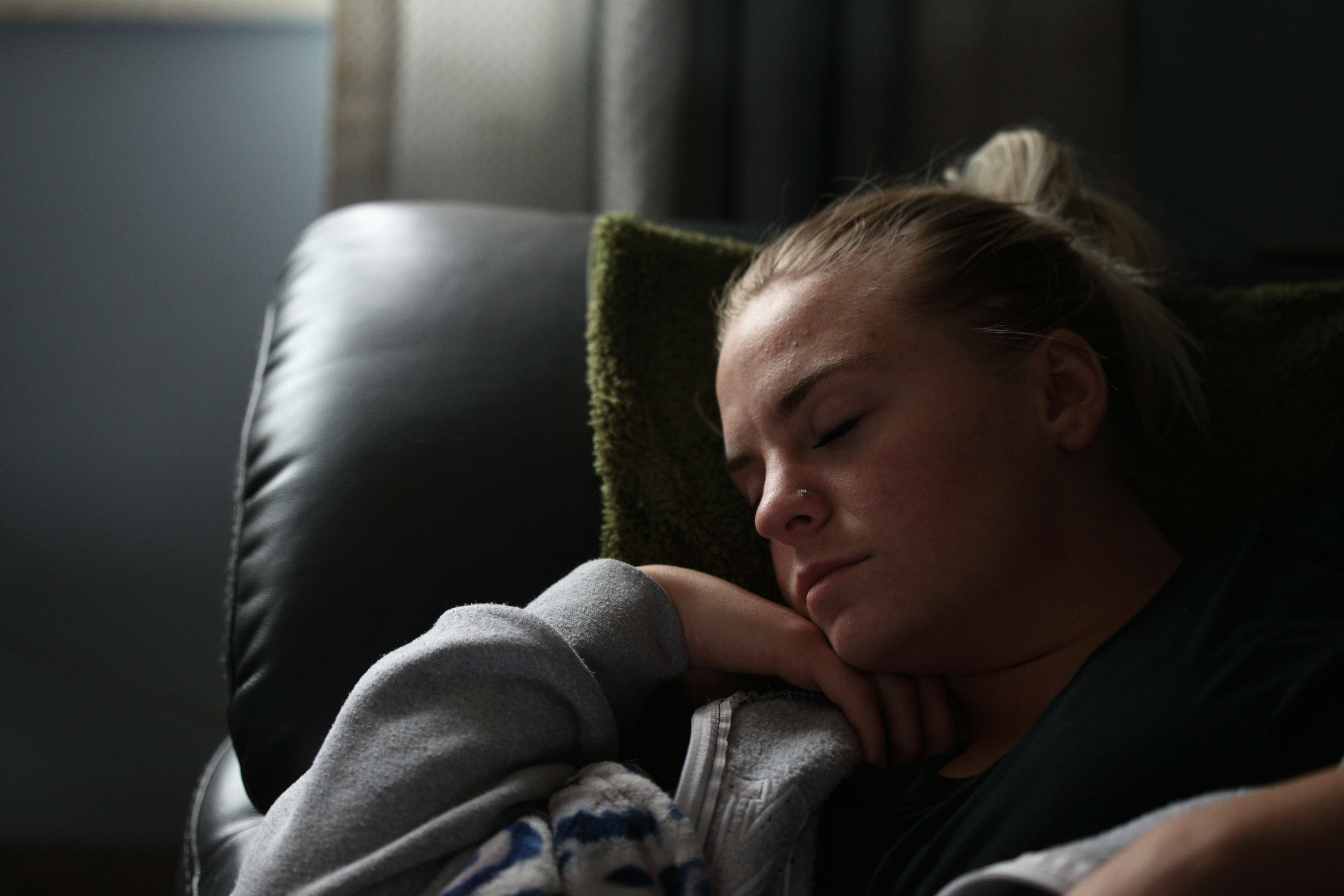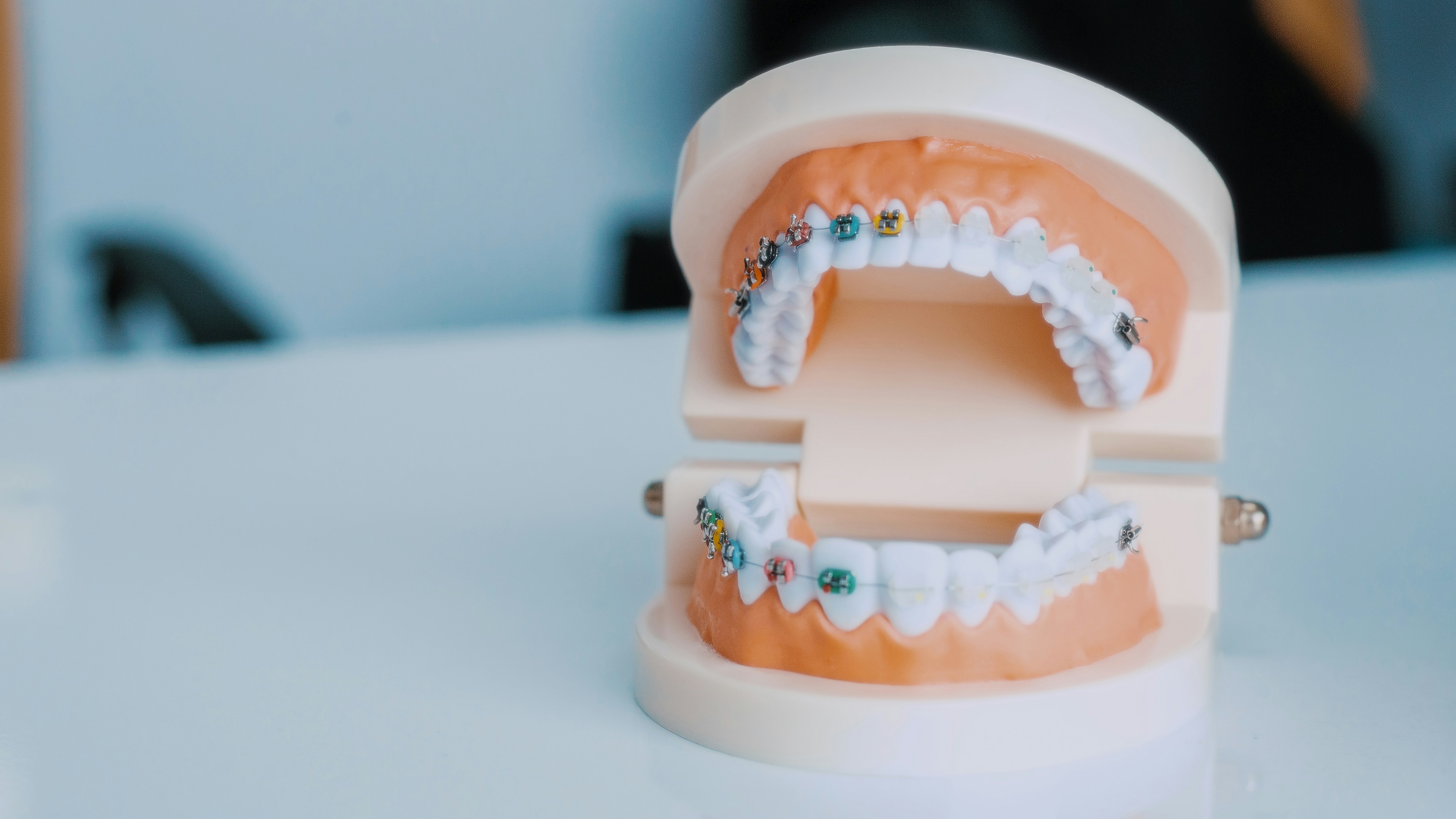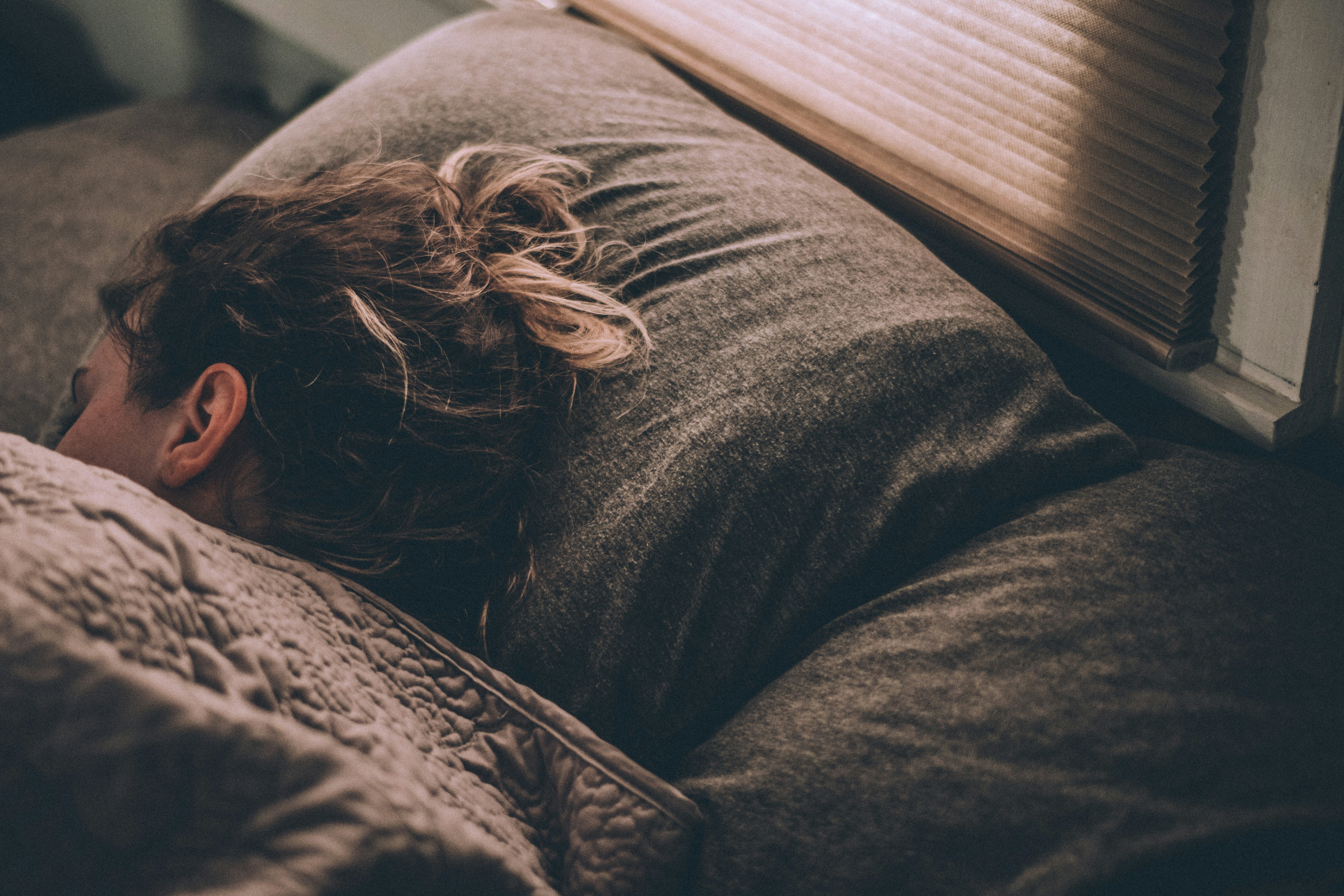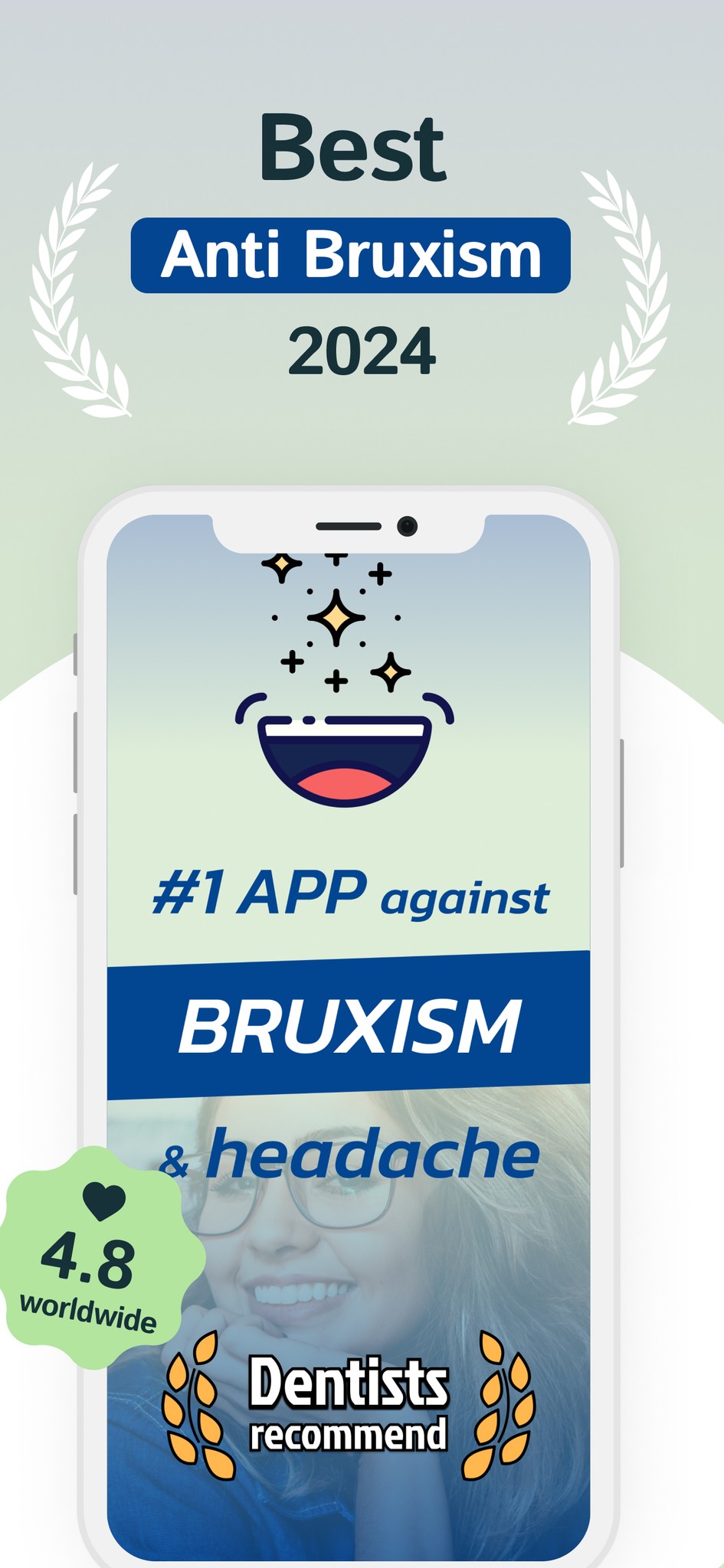
Oct 14, 2024
The Impact of Sleep Quality on Bruxism: Tips for Better Sleep
Bruxism, or teeth grinding, often occurs during sleep, making sleep quality a crucial factor in managing this condition. Many individuals may not realize that poor sleep can exacerbate bruxism, leading to a cycle of discomfort and disrupted rest. In this article, we’ll explore the relationship between sleep quality and bruxism, along with practical tips to improve sleep, and how the Bruxism+ app can help.
How Sleep Quality Affects Bruxism
When you don’t get enough restorative sleep, your body may respond in various ways, including increased muscle tension and stress, both of which can contribute to bruxism. Key factors include:
Sleep Deprivation: Lack of sleep can heighten stress levels and lead to increased grinding.
Sleep Disorders: Conditions like sleep apnea can cause fragmented sleep and result in teeth grinding as the body struggles to maintain airway integrity.
Stress Levels: Poor sleep can increase stress and anxiety, creating a vicious cycle that leads to more grinding.
Recognizing the connection between sleep quality and bruxism is essential for effective management.
Tips for Improving Sleep Quality
Here are several strategies to enhance sleep quality and potentially reduce bruxism:
Establish a Consistent Sleep Schedule: Go to bed and wake up at the same time each day to regulate your body’s internal clock.
Create a Relaxing Bedtime Routine: Engage in calming activities before bed, such as reading, meditation, or light stretching. The Bruxism+ app offers relaxation exercises that can be beneficial.
Limit Screen Time Before Bed: Reduce exposure to screens at least an hour before sleep, as blue light can interfere with melatonin production and disrupt sleep patterns.
Make Your Sleep Environment Comfortable: Ensure your bedroom is dark, quiet, and cool to create an ideal sleeping environment.
Using Bruxism+ to Support Better Sleep
The Bruxism+ app is an excellent tool for individuals looking to improve their sleep quality while managing bruxism. With features that allow you to log sleep patterns and track bruxism episodes, the app helps you identify potential triggers. Additionally, the app provides guided relaxation exercises to help you unwind before bed, further promoting restful sleep.
Conclusion
Understanding the impact of sleep quality on bruxism is essential for effective management. By implementing strategies to improve your sleep and utilizing resources like the Bruxism+ app, you can reduce the frequency of teeth grinding and enhance your overall well-being. A good night’s sleep is vital for a healthier lifestyle, free from the discomfort of bruxism.
Bruxism, or teeth grinding, often occurs during sleep, making sleep quality a crucial factor in managing this condition. Many individuals may not realize that poor sleep can exacerbate bruxism, leading to a cycle of discomfort and disrupted rest. In this article, we’ll explore the relationship between sleep quality and bruxism, along with practical tips to improve sleep, and how the Bruxism+ app can help.
How Sleep Quality Affects Bruxism
When you don’t get enough restorative sleep, your body may respond in various ways, including increased muscle tension and stress, both of which can contribute to bruxism. Key factors include:
Sleep Deprivation: Lack of sleep can heighten stress levels and lead to increased grinding.
Sleep Disorders: Conditions like sleep apnea can cause fragmented sleep and result in teeth grinding as the body struggles to maintain airway integrity.
Stress Levels: Poor sleep can increase stress and anxiety, creating a vicious cycle that leads to more grinding.
Recognizing the connection between sleep quality and bruxism is essential for effective management.
Tips for Improving Sleep Quality
Here are several strategies to enhance sleep quality and potentially reduce bruxism:
Establish a Consistent Sleep Schedule: Go to bed and wake up at the same time each day to regulate your body’s internal clock.
Create a Relaxing Bedtime Routine: Engage in calming activities before bed, such as reading, meditation, or light stretching. The Bruxism+ app offers relaxation exercises that can be beneficial.
Limit Screen Time Before Bed: Reduce exposure to screens at least an hour before sleep, as blue light can interfere with melatonin production and disrupt sleep patterns.
Make Your Sleep Environment Comfortable: Ensure your bedroom is dark, quiet, and cool to create an ideal sleeping environment.
Using Bruxism+ to Support Better Sleep
The Bruxism+ app is an excellent tool for individuals looking to improve their sleep quality while managing bruxism. With features that allow you to log sleep patterns and track bruxism episodes, the app helps you identify potential triggers. Additionally, the app provides guided relaxation exercises to help you unwind before bed, further promoting restful sleep.
Conclusion
Understanding the impact of sleep quality on bruxism is essential for effective management. By implementing strategies to improve your sleep and utilizing resources like the Bruxism+ app, you can reduce the frequency of teeth grinding and enhance your overall well-being. A good night’s sleep is vital for a healthier lifestyle, free from the discomfort of bruxism.
Bruxism, or teeth grinding, often occurs during sleep, making sleep quality a crucial factor in managing this condition. Many individuals may not realize that poor sleep can exacerbate bruxism, leading to a cycle of discomfort and disrupted rest. In this article, we’ll explore the relationship between sleep quality and bruxism, along with practical tips to improve sleep, and how the Bruxism+ app can help.
How Sleep Quality Affects Bruxism
When you don’t get enough restorative sleep, your body may respond in various ways, including increased muscle tension and stress, both of which can contribute to bruxism. Key factors include:
Sleep Deprivation: Lack of sleep can heighten stress levels and lead to increased grinding.
Sleep Disorders: Conditions like sleep apnea can cause fragmented sleep and result in teeth grinding as the body struggles to maintain airway integrity.
Stress Levels: Poor sleep can increase stress and anxiety, creating a vicious cycle that leads to more grinding.
Recognizing the connection between sleep quality and bruxism is essential for effective management.
Tips for Improving Sleep Quality
Here are several strategies to enhance sleep quality and potentially reduce bruxism:
Establish a Consistent Sleep Schedule: Go to bed and wake up at the same time each day to regulate your body’s internal clock.
Create a Relaxing Bedtime Routine: Engage in calming activities before bed, such as reading, meditation, or light stretching. The Bruxism+ app offers relaxation exercises that can be beneficial.
Limit Screen Time Before Bed: Reduce exposure to screens at least an hour before sleep, as blue light can interfere with melatonin production and disrupt sleep patterns.
Make Your Sleep Environment Comfortable: Ensure your bedroom is dark, quiet, and cool to create an ideal sleeping environment.
Using Bruxism+ to Support Better Sleep
The Bruxism+ app is an excellent tool for individuals looking to improve their sleep quality while managing bruxism. With features that allow you to log sleep patterns and track bruxism episodes, the app helps you identify potential triggers. Additionally, the app provides guided relaxation exercises to help you unwind before bed, further promoting restful sleep.
Conclusion
Understanding the impact of sleep quality on bruxism is essential for effective management. By implementing strategies to improve your sleep and utilizing resources like the Bruxism+ app, you can reduce the frequency of teeth grinding and enhance your overall well-being. A good night’s sleep is vital for a healthier lifestyle, free from the discomfort of bruxism.
Our latest stories:


Nov 15, 2024
Dietary Changes That May Help Reduce Bruxism Symptoms


Nov 11, 2024
The Impact of Jaw Alignment on Bruxism: What You Need to Know


Nov 8, 2024
Understanding Sleep Apnea and Its Link to Bruxism
See all posts
Extra
Extra
Extra


